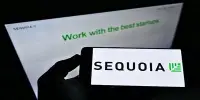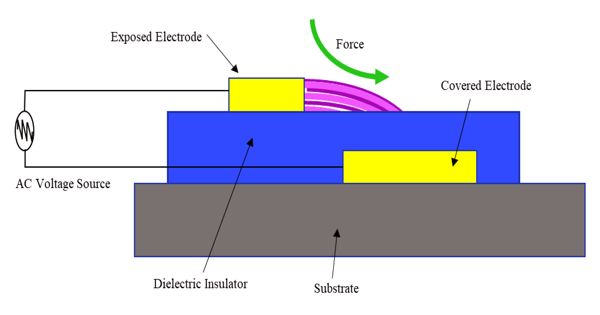Following a tweet from Ukraine’s vice prime minister, Mykhailo Fedorov, Elon Musk moved his almost 2,000 Starlink satellites to assist the country during Russia’s continuing assault. Fedorov tweeted a photo and a thank-you note to Musk after a truckload of Starlink satellite dishes was delivered to Ukraine yesterday.
Those satellites are most certainly headed for government buildings, but what about the typical Ukrainian? At least one individual, Oleg Kutkov, an engineer in Kyiv, has already managed to connect to Starlink using his own satellite dish, demonstrating that the country is already firmly on the celestial web despite having no Starlink connection at all until a few days ago.
“I honestly didn’t think it was going to work.” Kutkov told The Verge, “I believed there would be some obstacles, might be some difficulties with my Dishy,” referring to SpaceX’s nickname for the equipment, Dishy McFlatFace. “But no, it just connected,” says the narrator. I’ve got a lot of speed and a lot of connectedness.”
While Ukraine presently has decent internet coverage, Starlink — which uses a constellation of satellites in low-Earth orbit instead of cables to offer internet – has been mentioned as a possible backup plan if Russia strikes communications networks. Kutkov told Insider, “It’s probable that the local internet infrastructure may be destroyed.” “This would be the Dishy’s emergency situation and time.”
Russian warplanes hit a television tower in Kyiv only yesterday, indicating that the invading troops are attempting to damage Ukrainian communication lines. Meanwhile, NetBlocks, a cybersecurity and internet freedom watchdog, has already documented internet problems in the Luhansk Oblast, where the Russian military has lately been spotted confronting civilians.
For the time being, Kutkov may be alone in his Starlink traveling — he purchased his dish on eBay in December, not anticipating an invasion to cause his country’s quick access to the network. He originally intended to reverse engineer “Dishy” to understand more about the underlying technology, but it’s already been tinkered with to the point that it can’t scan the sky, he added. Kutkov didn’t use a mount either; he just hung the dish out of his window to test it. Despite this, he claims that his experiment was a success.
“I figured I could put it to the test and tell everyone, ‘Yeah, this works in Ukraine.'” So it’s all set,'” he told The Verge. However, he noted, “from a technological standpoint, it’s plausible” that Russian aircraft might target the Starlink satellites. Despite the risk, he says he has no intentions to leave Kyiv — he was forced to flee Crimea when Russia invaded in 2014, and he has no plans to do so again, he told The Verge. “I’m going to be really cautious,” he remarked. “We’re going to remain firm and defend our property, and I believe we’ll win.”
















